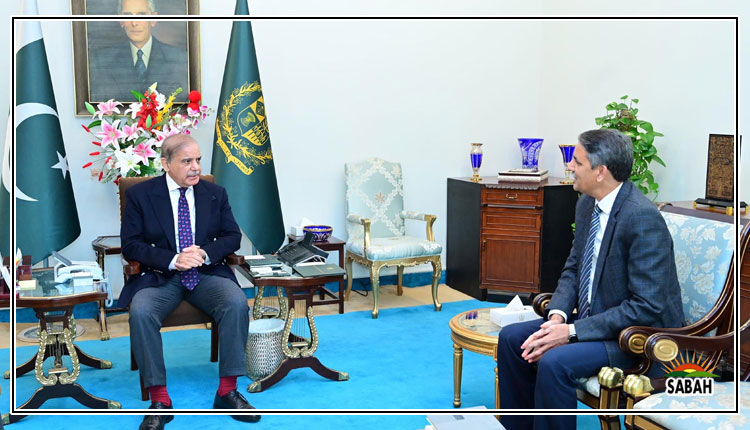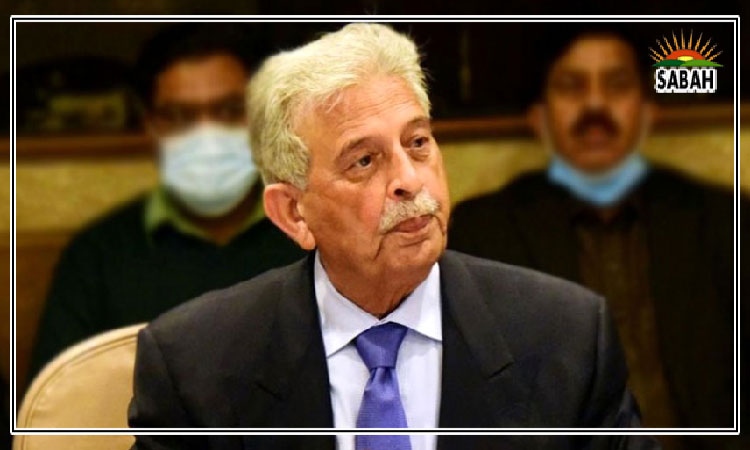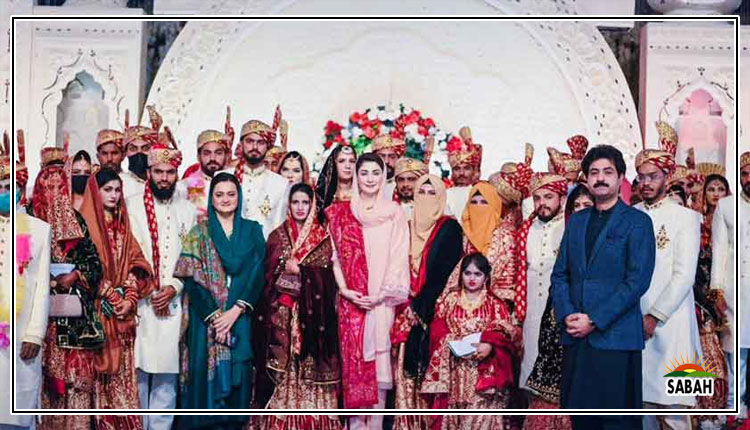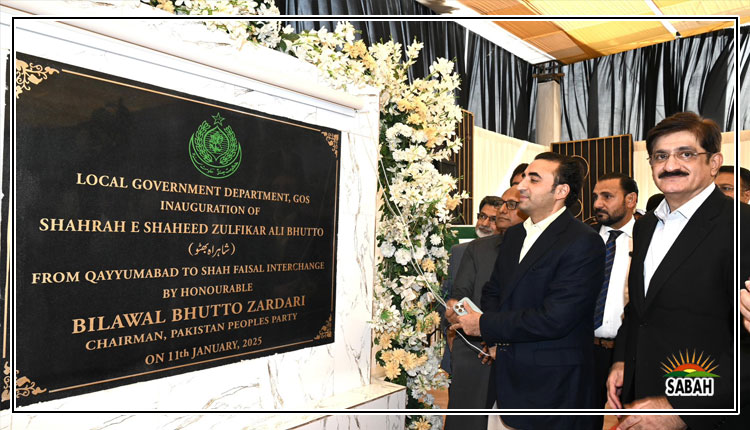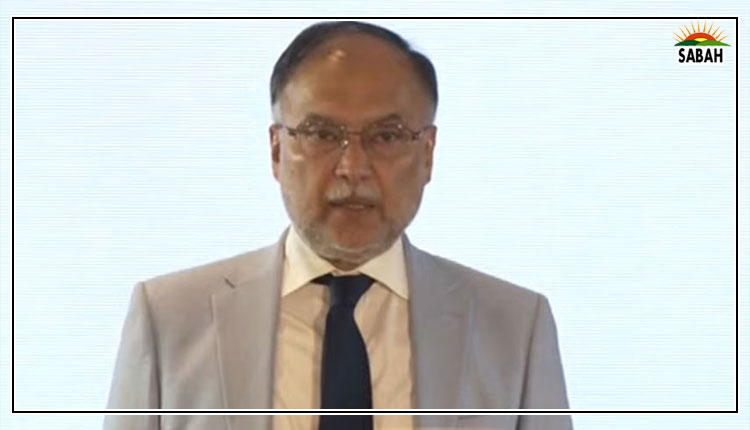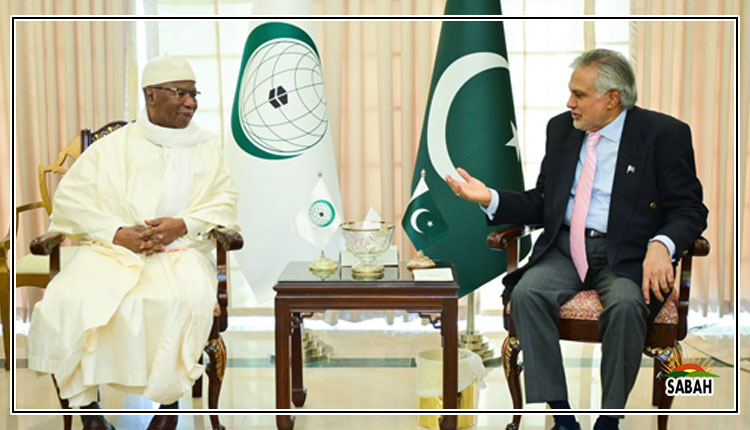The ones left behind….Zaheer Ali
CITIZENSHIP, or shehriat, is a context-dependent concept which is performed, negotiated and practised under historical, cultural, political and social legacies. The subcontinents political history shaped a strong Muslim identity, inspiring the idea of the two-nation theory, which fuelled the movement for a separate Muslim homeland, leading to Pakistans creation. Hence, in the state of Pakistan, an understanding of who is considered a Pakistani is inspired by the philosophy of us vs them.
This piece is not about the struggle for Pakistan. Instead, I want to talk about them, the religious minorities who decided to make Pakistan their home and for whom Jinnah said: You are free to go to your temples, you are free to go to your mosques or to any other place of worship in this state of Pakistan. You may belong to any religion, caste or creed that has nothing to do with the business of the state.
Contrary to Jinnahs idea of a secular country, I argue that in Pakistans recent history, a faith-based state hegemony has restructured and redefined the boundaries of belongingness to Pakistan, and in turn, the foundations of Pakistani citizenship. In other words, the natural core around which our Pakistaniat is constructed is heavily influenced by the dominant faith. As a result, religious minorities who fall out of the core are regarded as second-class citizens, their loyalties are questioned, and their religious sentiments hurt by the majority, without any significant repercussions. This results in the marginalisation of vulnerable minority communities and further leads to direct and indirect violence against them.
How often do we hear news about the desecration of temples, churches and gurdwaras? I have come across countless stories from minority communities, who are either told to go to India, or asked if they would be supporting the Indian team during a highly charged India vs Pakistan cricket match.
Minorities tend to be extra vocal about their loyalty to the country.
On the educational front, the curriculum content specifically of Pakistan Studies capitalises on the trauma of partition and depicts Hindus and Sikhs as cunning and deceitful, and as those who instigated violence against our ancestors. This widely disseminated doctored version of state history turns into micro-macro aggressions towards Pakistani Hindus and Sikhs. One such example is several reported cases of forced conversion of underage Hindu girls in rural Sindh.
The apathy of the state in dealing with such incidents speaks volumes about the disparity in citizenship rights. The hopelessness felt by the minorities and the alienation caused by such cases was echoed by several Hindu residents of Sindh, who said: Honestly, we feel like sitting ducks because anyone can come and do whatever they want with us.
Parallels can also be drawn with India. In Narendra Modis era, the Indian government has moved from democratic to a religious identity-based model of citizenship demonstrated via Hindutva-inspired slogans such as Hindi, Hindu, Hindustan. This has caused an increase in violence towards the Muslim minority on multiple fronts, such as cow vigilantism, lynching, questioned loyalties, the love jihad phenomenon, the citizenship amendment law of 2019 and more.
Minorities are well aware of their status and actively try to mitigate these unfavourable circumstances by being extra vocal about their allegiance to the country India or Pakistan. However, this hyper-patriotism can go only so far to shield them from the otherness. Hence, in their conscious effort for a peaceful coexistence, minorities tend to learn about, understand and respect the boundaries of freedoms which they are entitled to, while trapped in the confines of the subaltern identities forced upon them by the dominant majority.
The first time I heard go back to where you came from, I was at the London Underground. This remark was not directed at me but at a 15-year-old British Pakistani by a Caucasian girl. I asked him about this, and he smiled and replied, ye tou hota rehta ha (this keeps happening). Similar incidents and responses were reported by Pakistani Hindus and Sikhs.
It stayed with me and made me wonder about the privilege enjoyed by individuals belonging to the dominant faith. What if the other person does not have anywhere to go? What if they have been disenfranchised, sidelined, and alienated by the state which is supposed to protect them as its subjects? In contemporary theocratic states rather than providing a sense of security, the state and the majority of its inhabitants create an environment in which minorities have to endure the bane of existential anxiety in their practices resulting in continuous psychological and physical trauma.
The writer is a research fellow of Centre for Business and Economics research, and an assistant professor of sociology at IBA, Karachi.
Courtesy Dawn, March 6th, 2023



